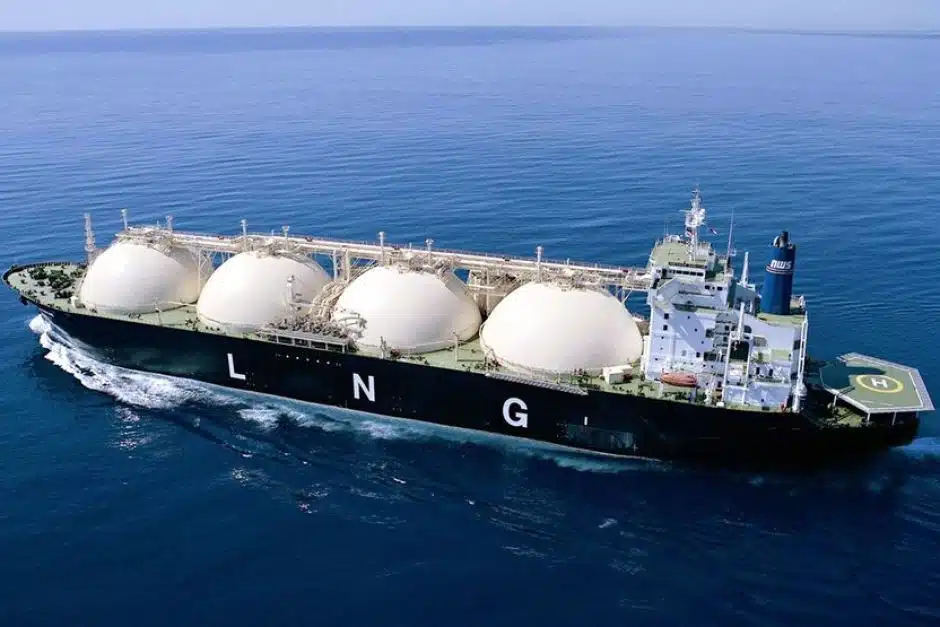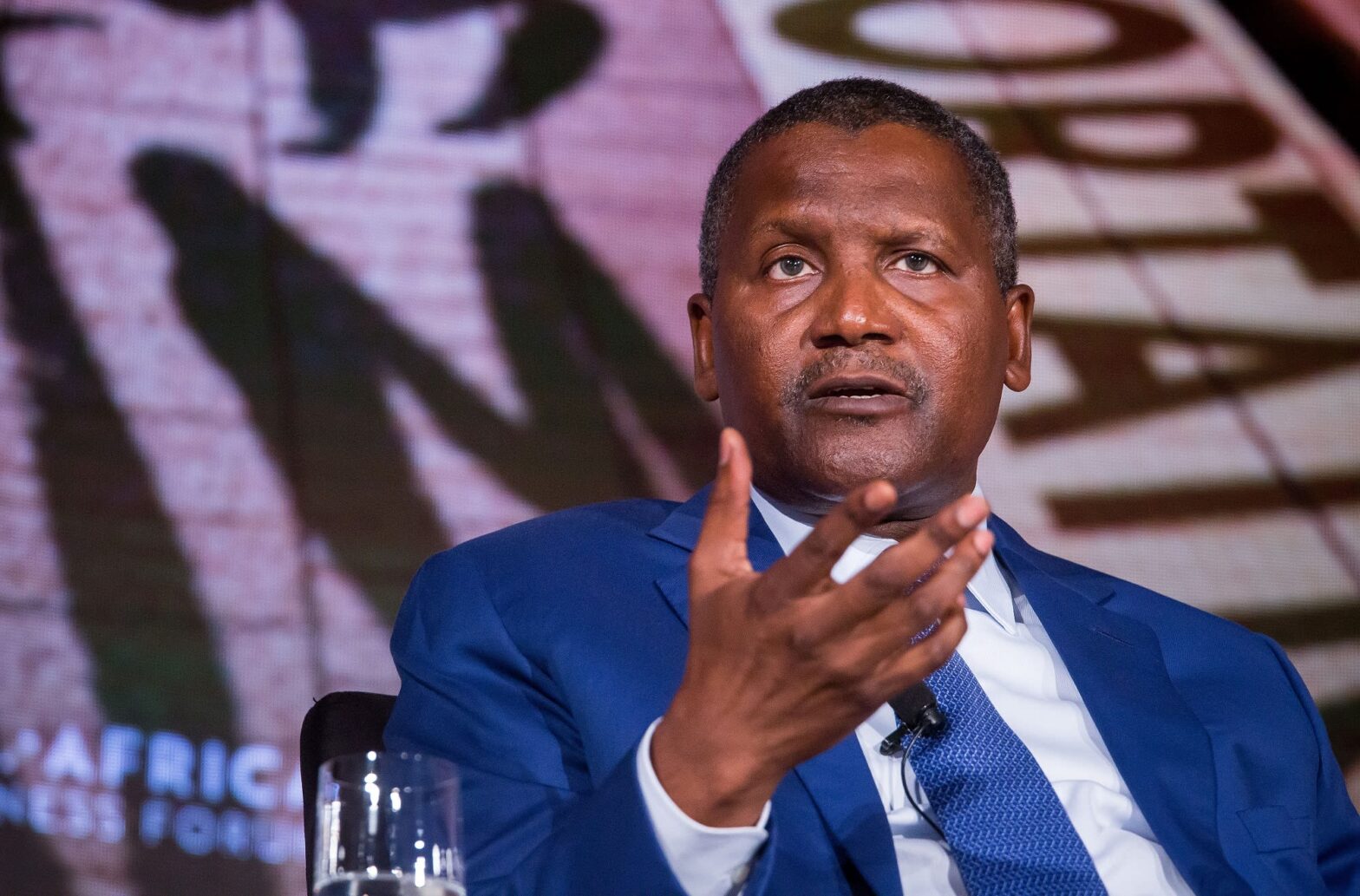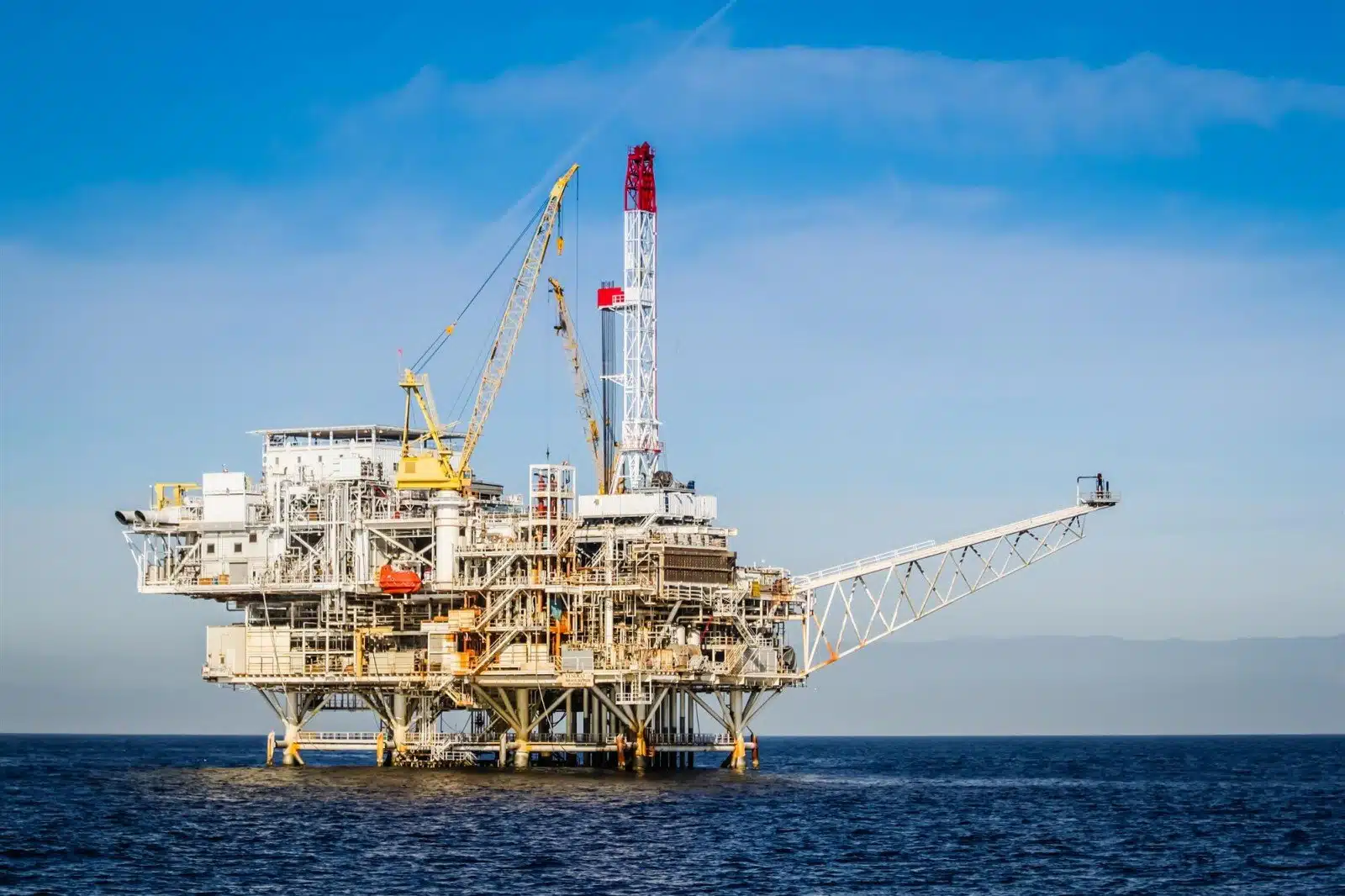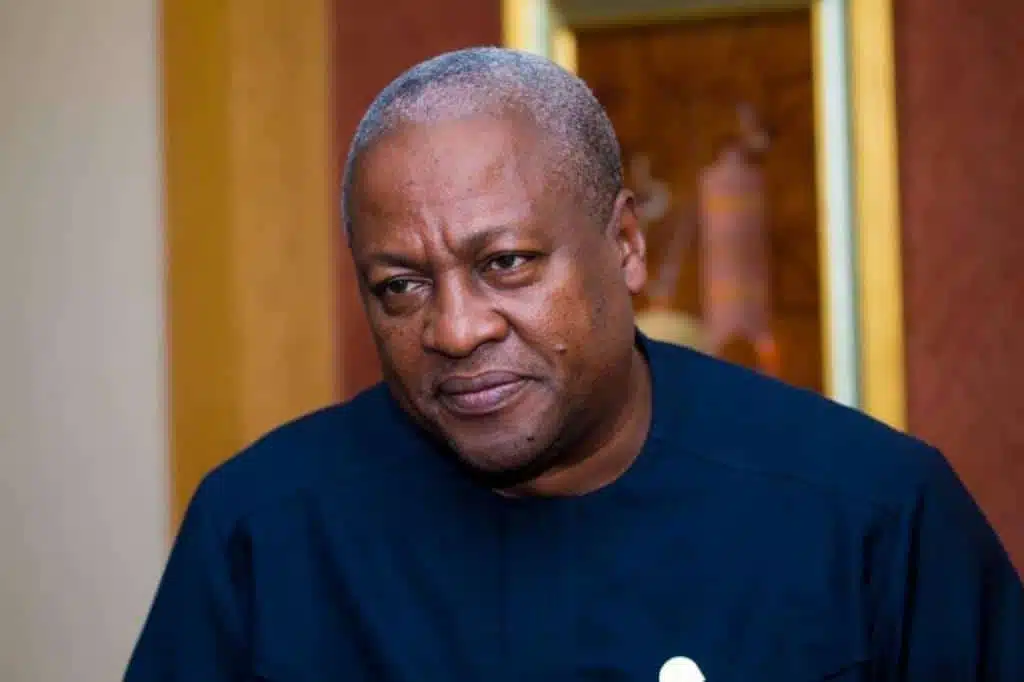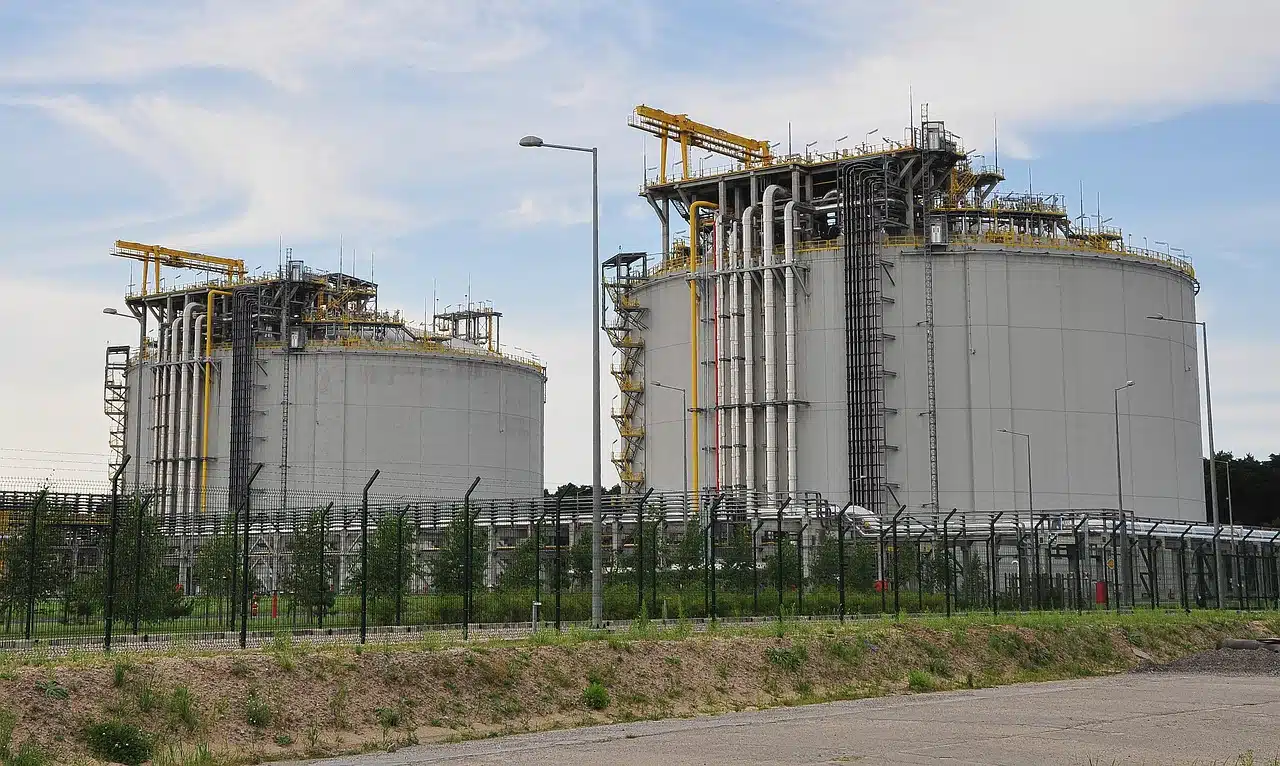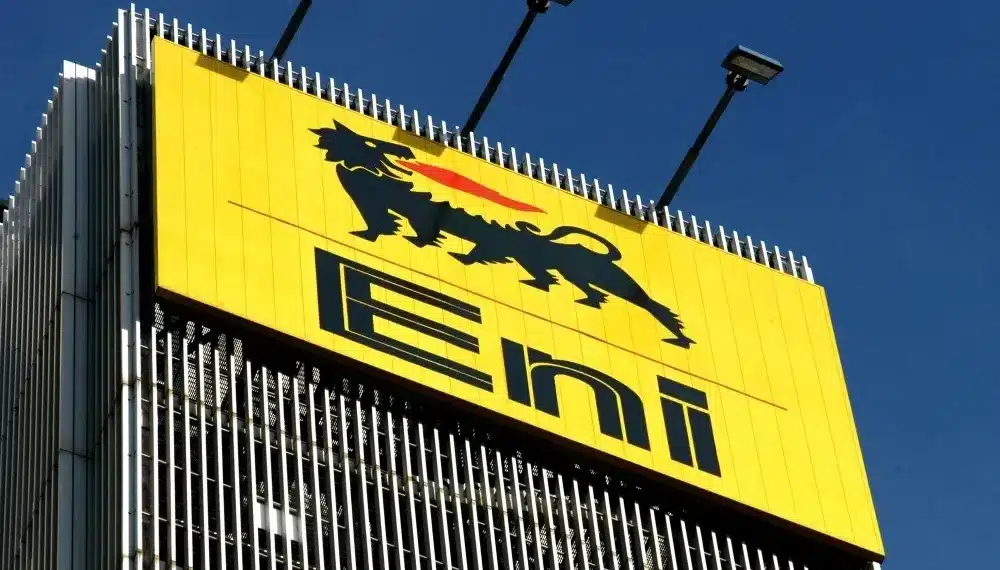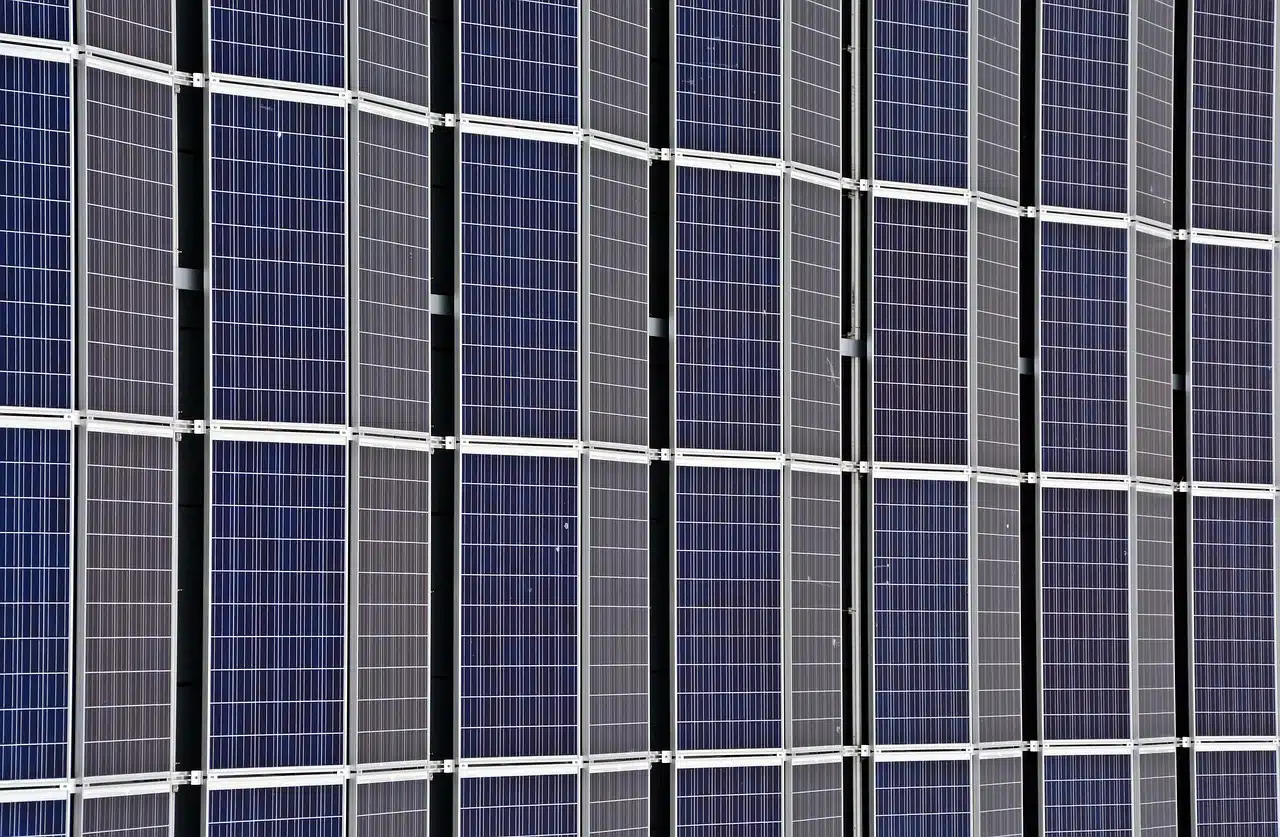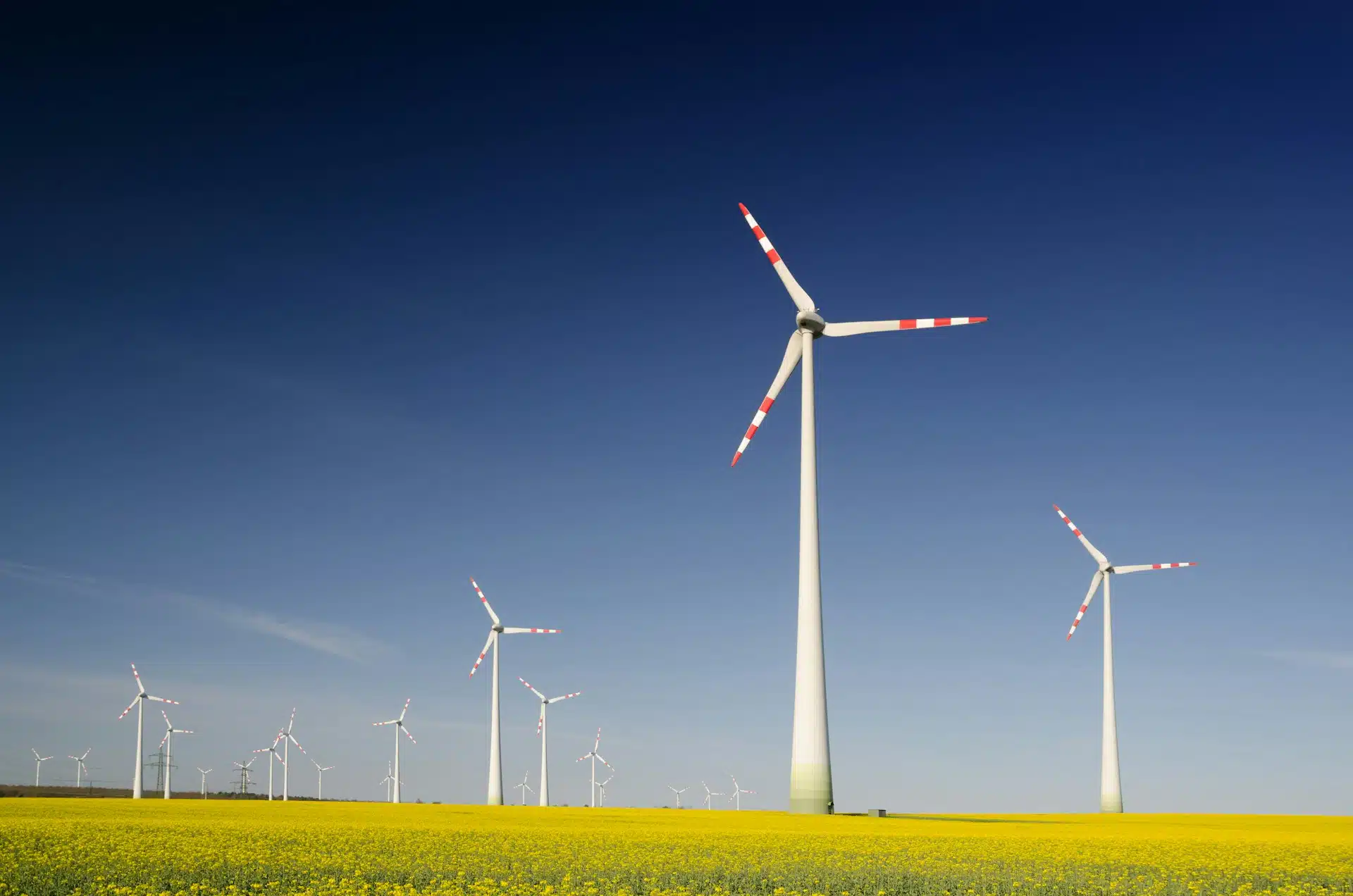Samsung Heavy Industries, a major South Korean shipbuilder, said on Monday it has secured a 869.4 billion won ($637 million) contract to build an offshore production facility off the coast of Mozambique.
Samsung Heavy signed an initial contract with a European shipping company operating in Africa to construct a floating liquefied natural gas (LNG) production facility in Mozambique, the company said in a press release.
The final agreement will be signed at a later date, a company spokesperson said.
“Countries have shown increased interest in energy security following the Russia-Ukraine war, and investments in offshore energy production facilities are expected to grow amid U.S. President Donald Trump’s shifting energy policies,” the company said.
Although Samsung Heavy didn’t provide details of the deal, industry sources said that the facility will likely be deployed at the Coral Norte gas field off the coast of Mozambique, a region drawing growing interest from global energy majors amid rising demand for LNG as a transitional fuel.
When finalized, the deal is expected to expand to as much as $2.5 billion, making it one of the largest FLNG projects for the Korean shipyard.
Floating LNG units are massive offshore structures that extract, liquefies and transfers natural gas from subsea fields.
Samsung Heavy aims to win one to two offshore energy production facility orders annually in global markets.
Coral Norte project moves forward
Following the approval of Coral Norte in April by Mozambique’s government, Italian energy giant Eni confirmed that the Coral Norte LNG production project will be moving forward.
The involvement of Samsung Heavy Industries is just another step in the development process of the project.
Valued at $7.2 billion, the Coral Norte project will include six production wells and is expected to produce around 3.5 million tonnes per annum (mtpa) of liquefied natural gas,
The project is expected to begin production in the second quarter of 2028 and will fetch Mozambique’s government $23 billion in revenues over a period of 30 years.
The project builds on the success of the Coral Sul LNG project, also developed by Eni in the Rovuma Basin of Mozambique.

